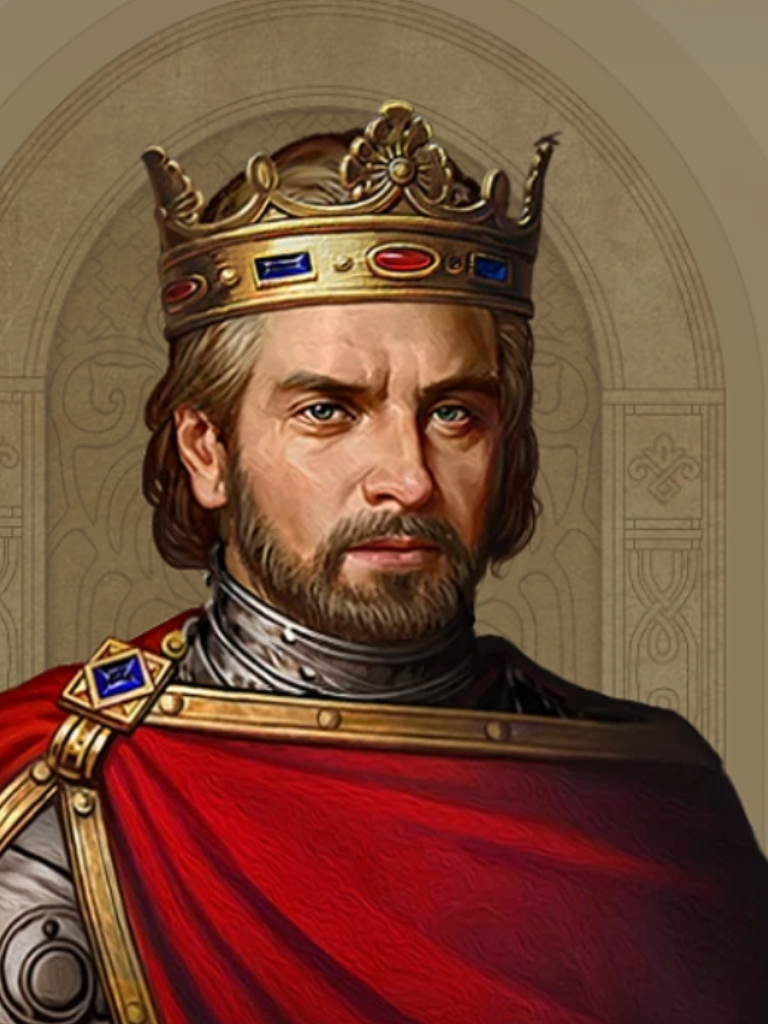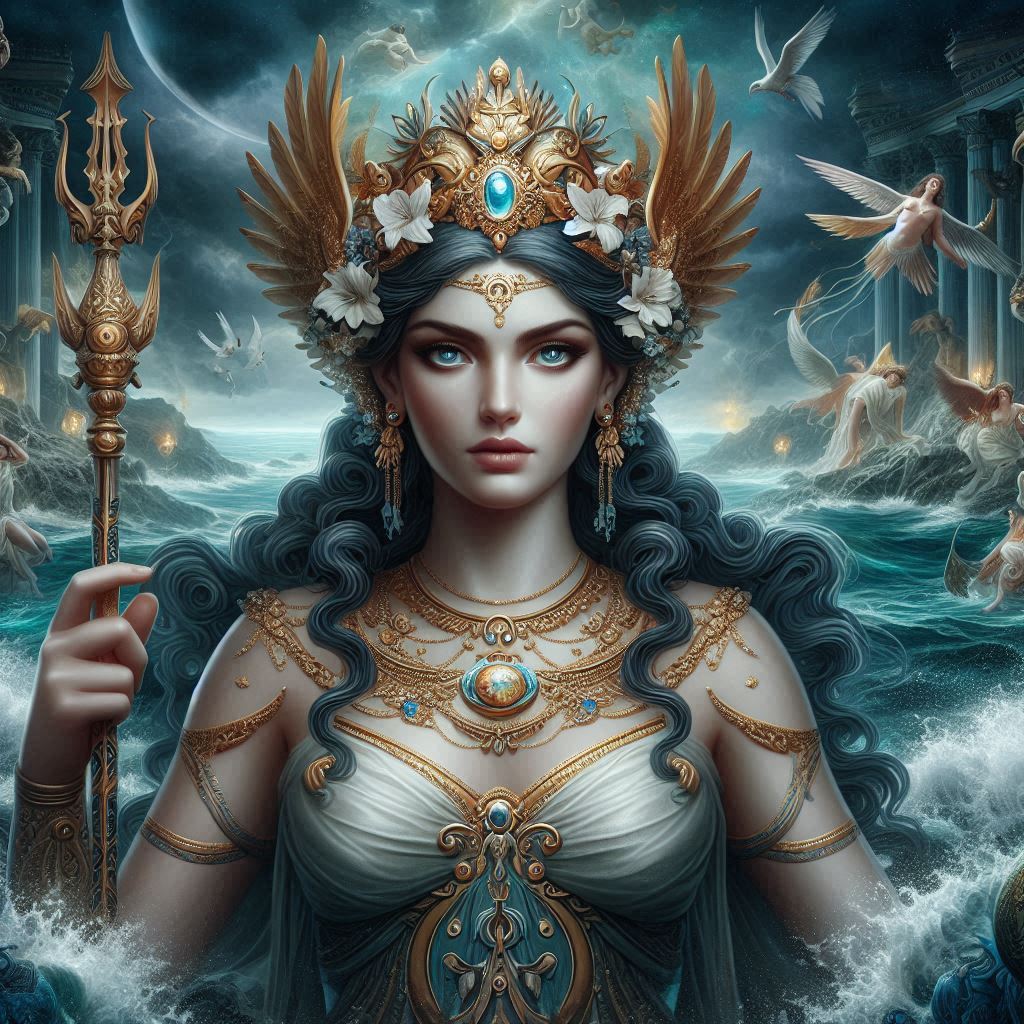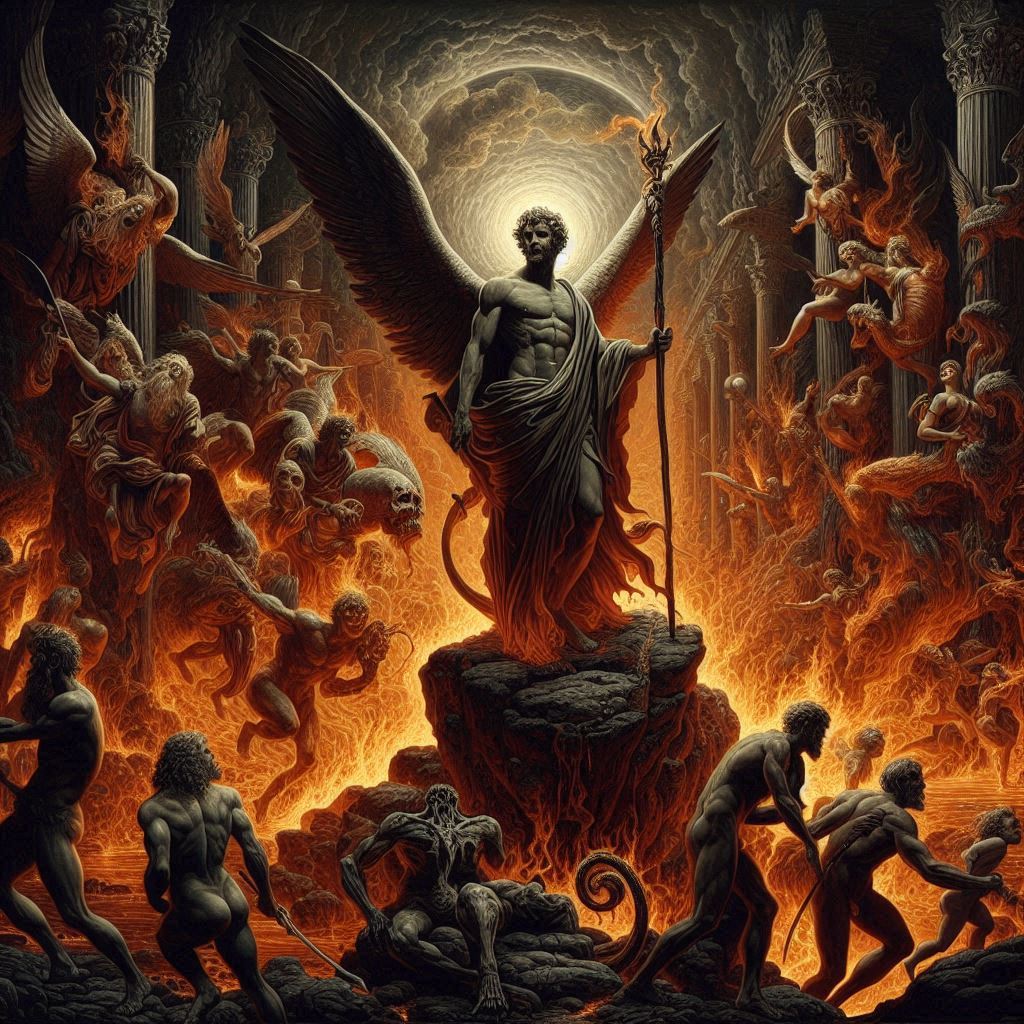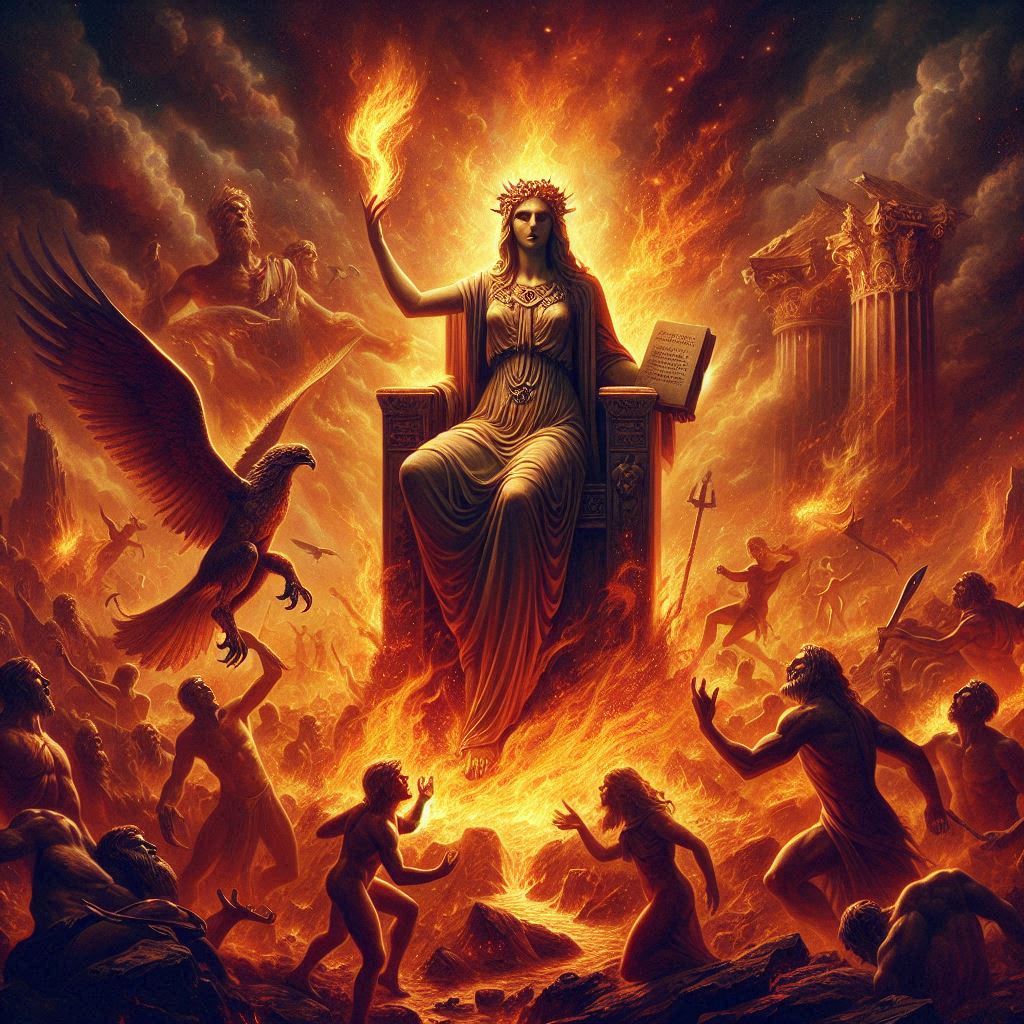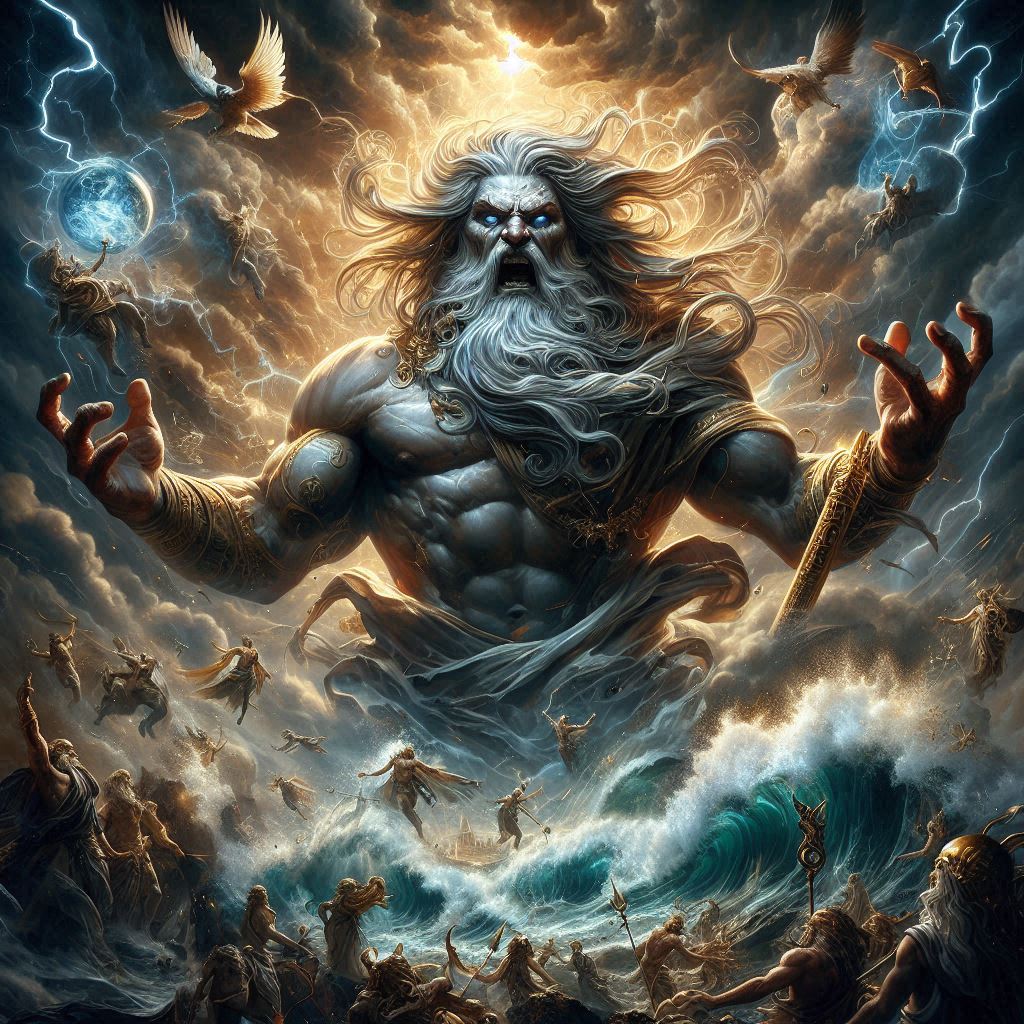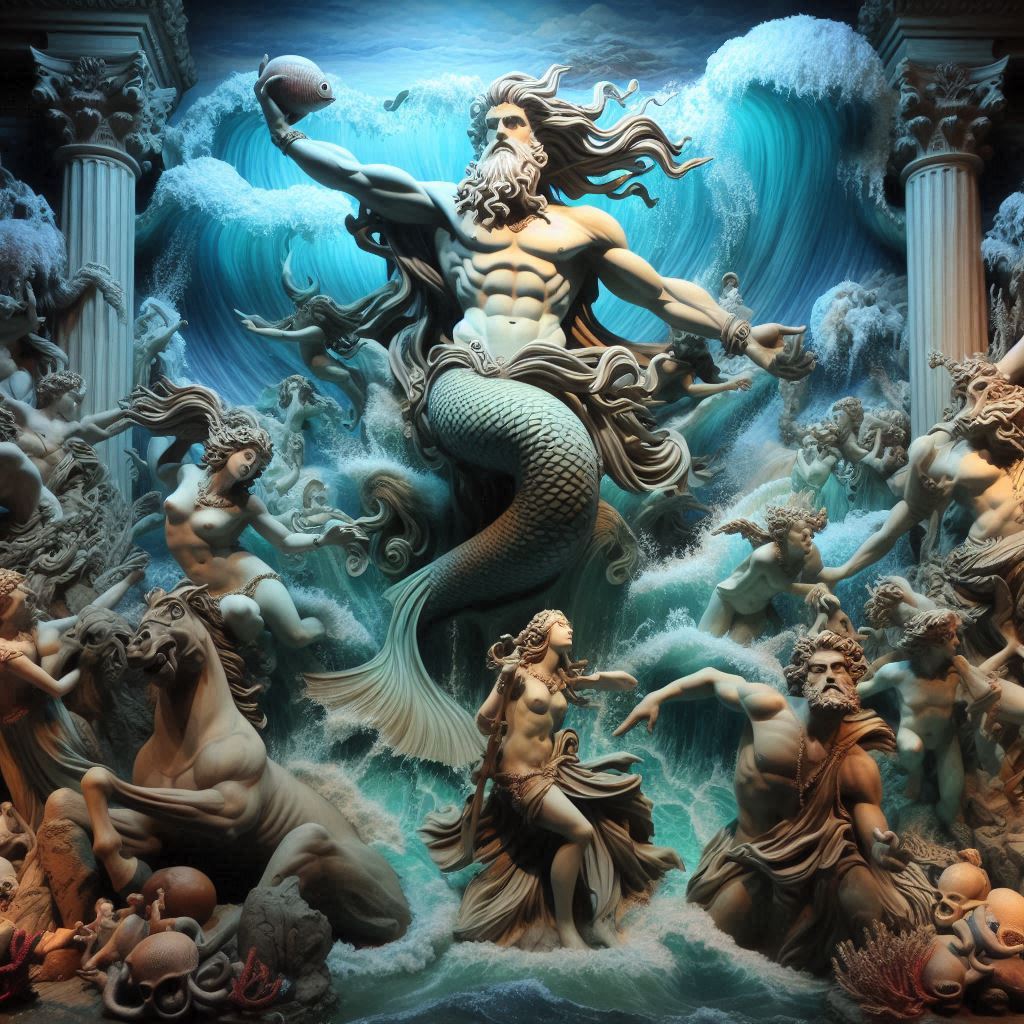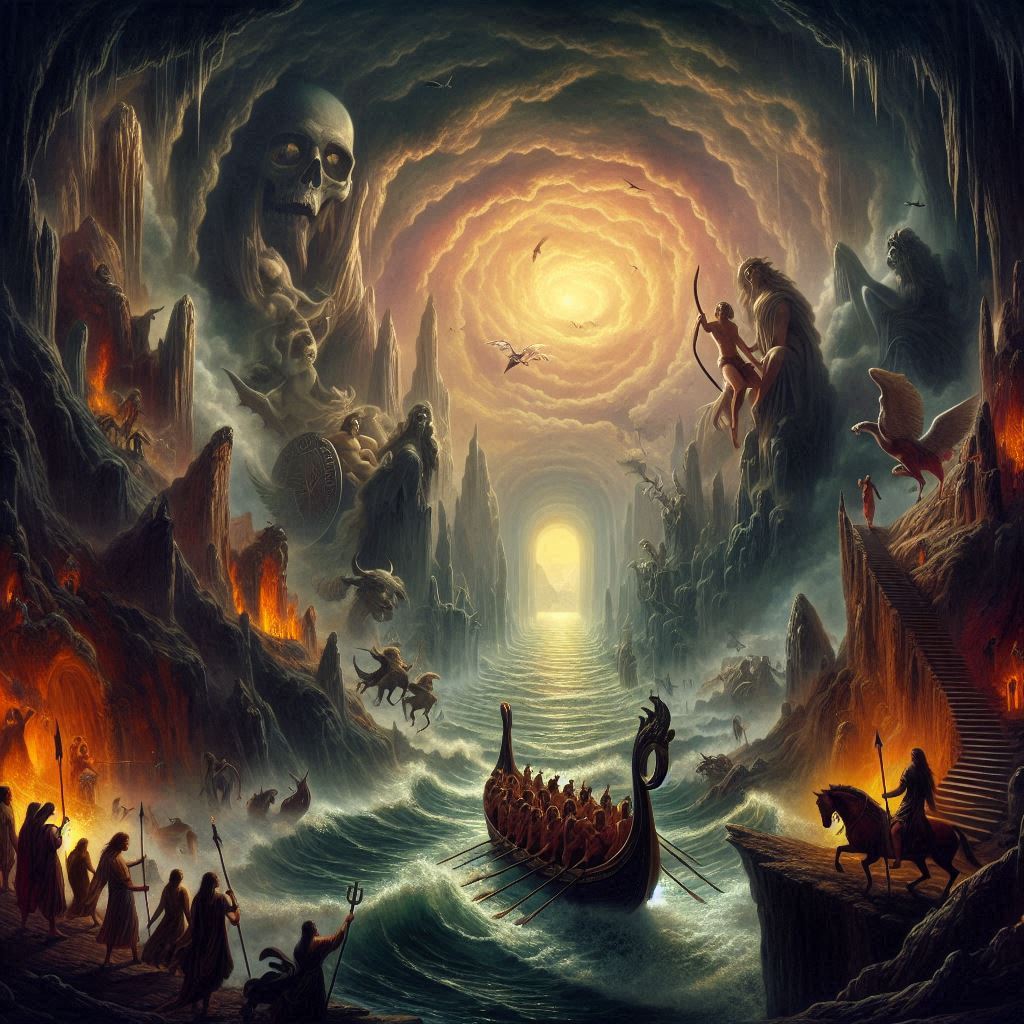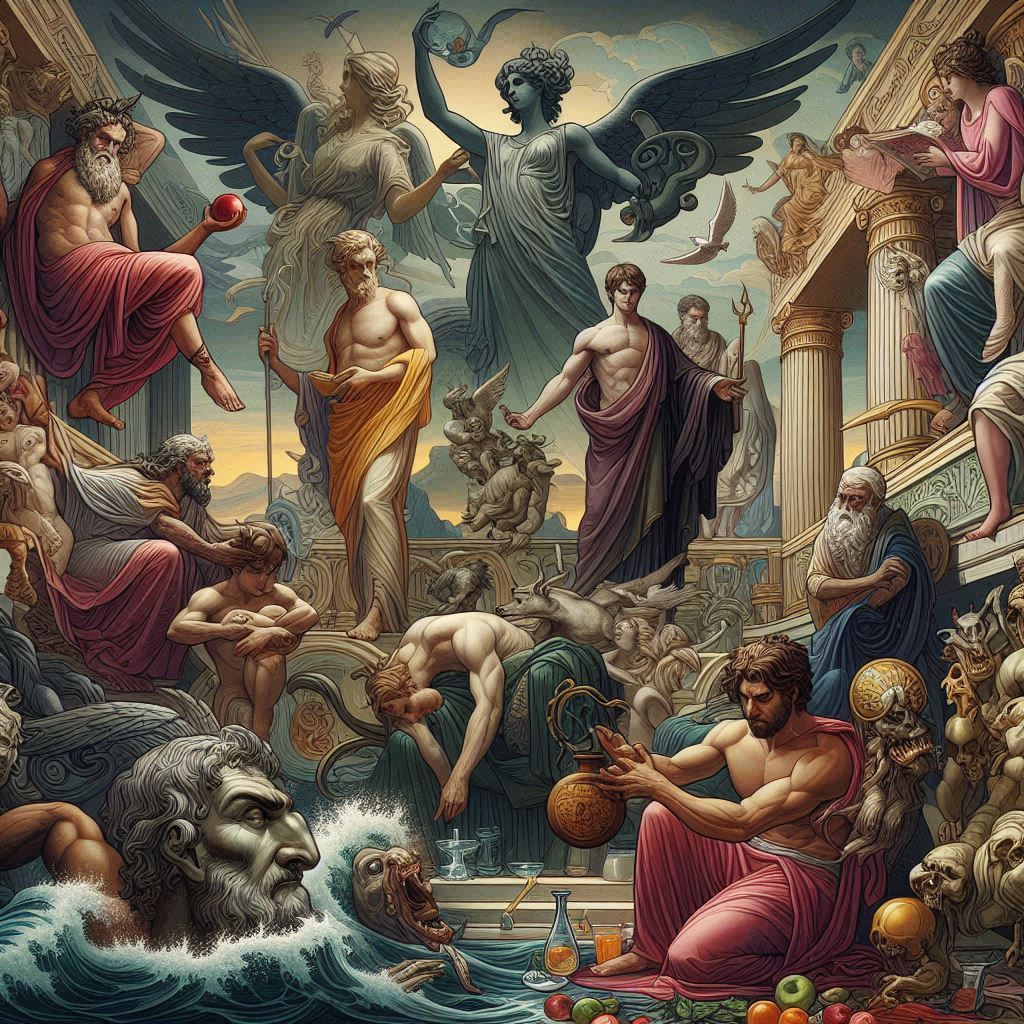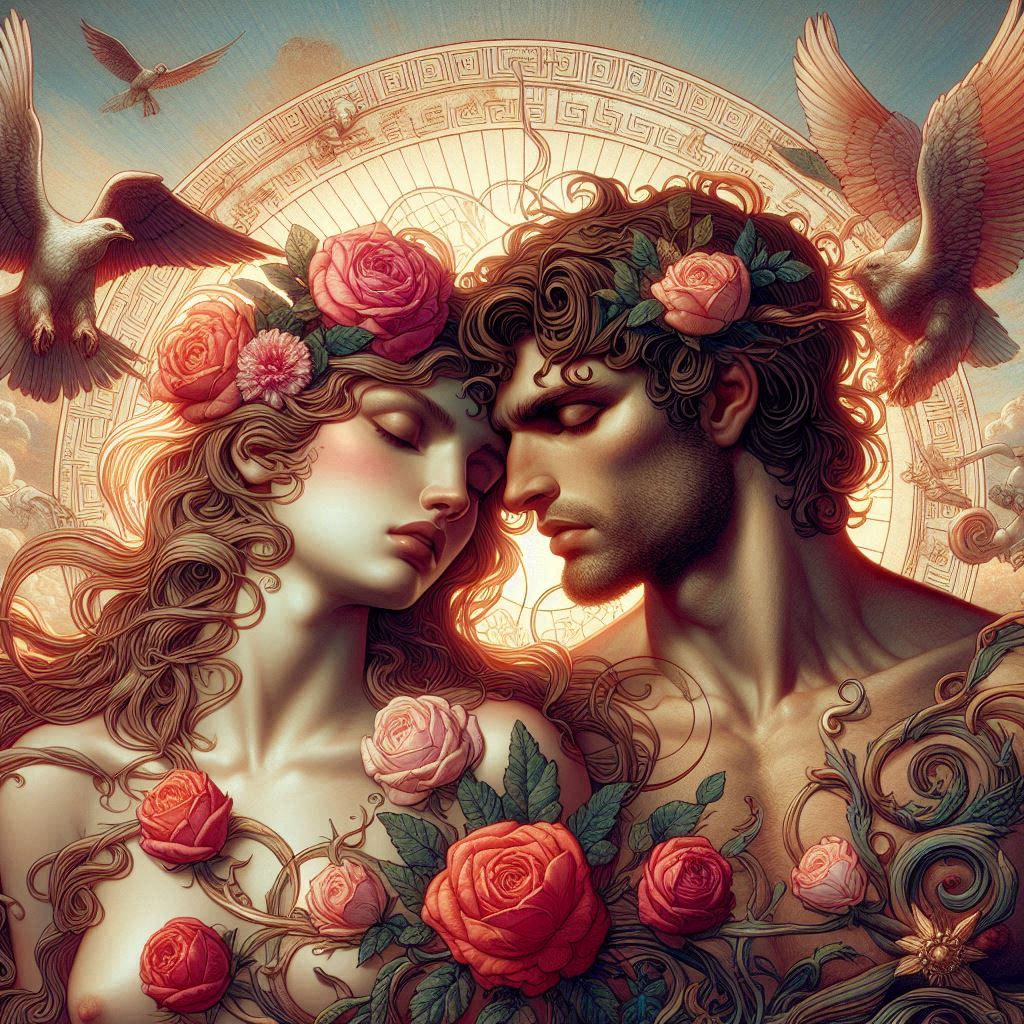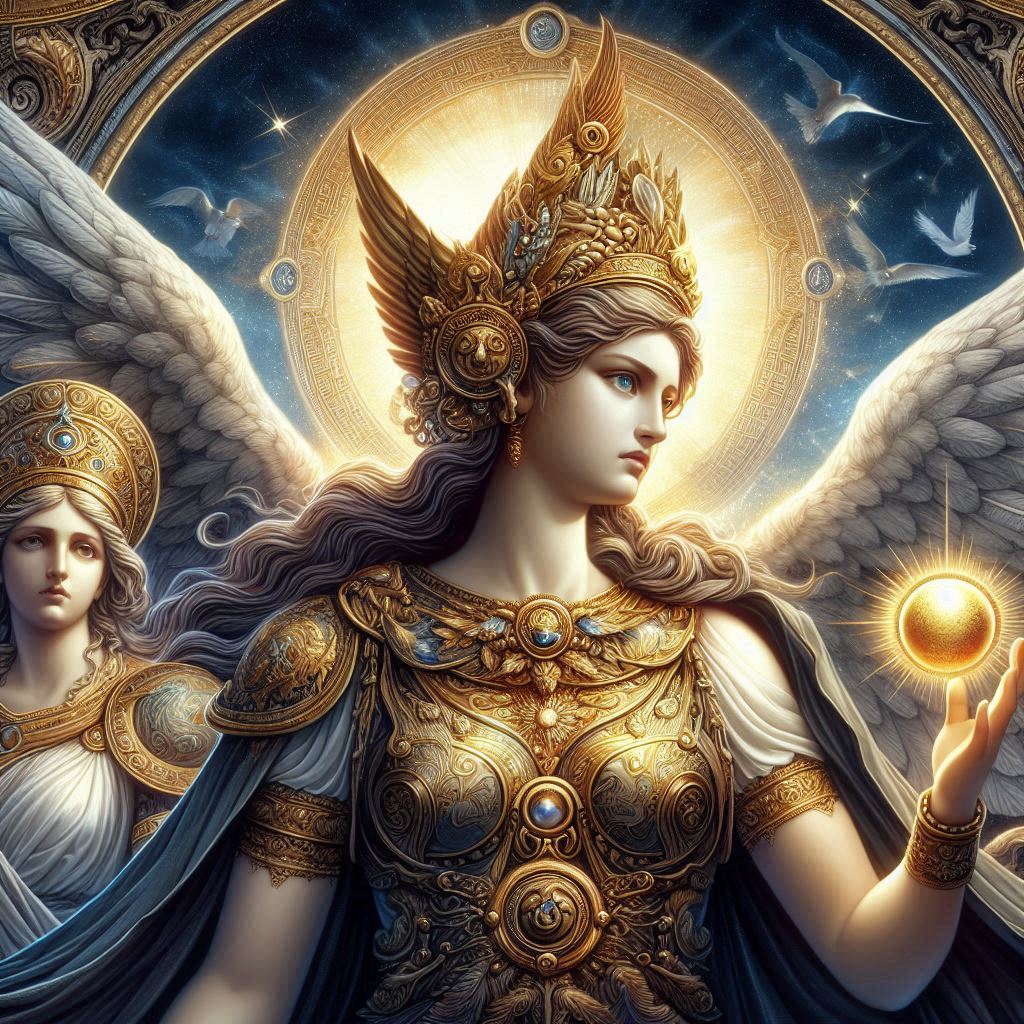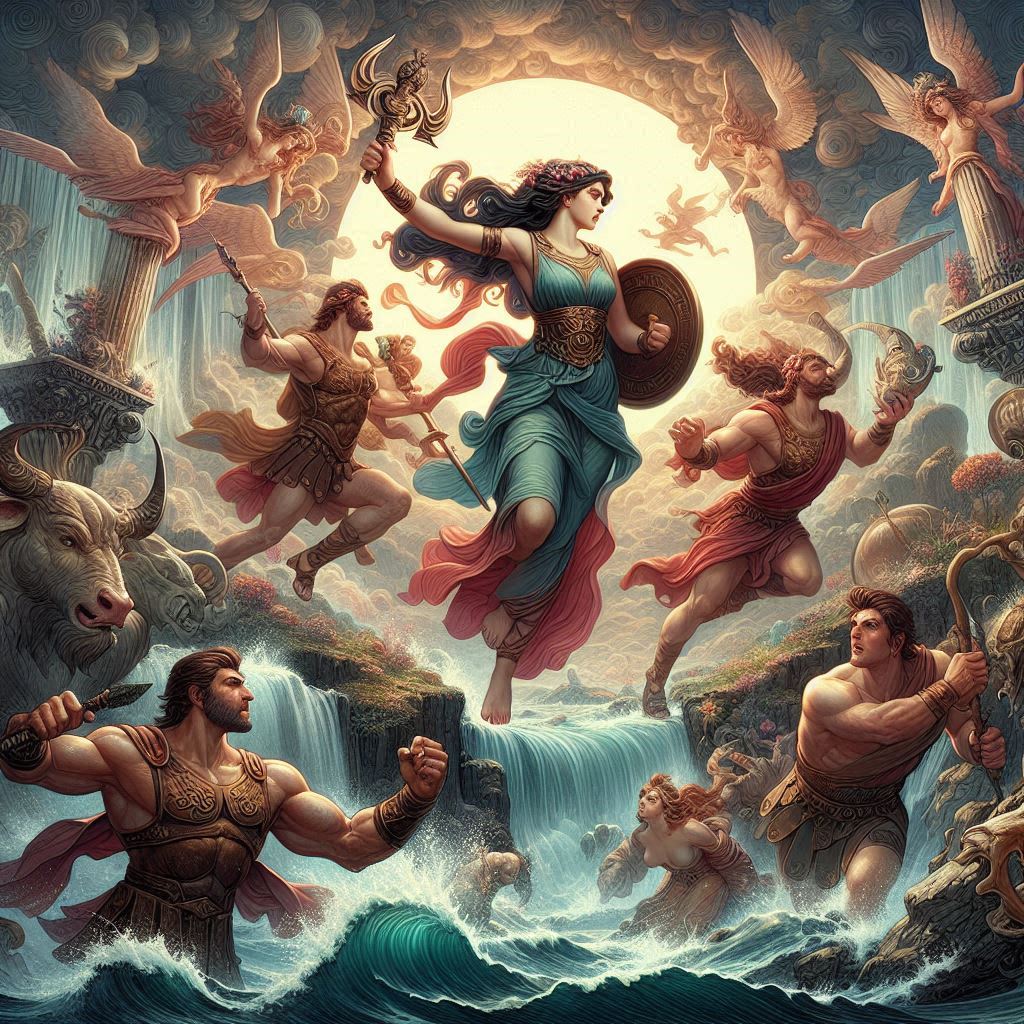Otto the Great (Otto I), born in 912 and reigning from 936 to 973, was a medieval German king who became the first Holy Roman Emperor. He played a crucial role in consolidating the German states and expanding the Holy Roman Empire. Otto’s reign marked a period of stability, and he strengthened ties between the secular and religious authorities. His coronation in 962 by Pope John XII solidified the concept of the Holy Roman Empire, influencing the medieval political landscape in Europe.
Otto was born into the powerful Saxon dynasty, the son of Henry the Fowler and Matilda of Ringelheim. His upbringing was influenced by the turbulence of the time, characterized by Viking raids and internal conflicts among the Germanic tribes. Otto’s father, Henry, rose to prominence as the Duke of Saxony and later became the first German king of the Ottonian dynasty.
After the death of his father in 936, Otto ascended to the throne as King of the Germans. At this time, the German territories were fragmented, with various duchies exerting semi-independent control. Otto faced the challenge of centralizing power and consolidating the German realm.
One of Otto’s early achievements was his victory over the Magyars at the Battle of Lechfeld in 955. This triumph not only secured Otto’s rule but also marked a turning point in the incursions by Magyar invaders into Central Europe. The victory established Otto as a formidable military leader and enhanced his reputation as a defender of Christendom.
In 962, Otto achieved a momentous milestone by receiving the imperial crown from Pope John XII. This coronation marked the revival of the title “Roman Emperor” in the West and signaled the establishment of the Holy Roman Empire. Otto’s imperial coronation solidified his position as the central authority in Western Europe and exemplified his vision of a united Christian empire.
The Holy Roman Empire under Otto the Great encompassed a vast territory, including the German states, parts of Italy, and Burgundy. Otto’s reign was characterized by efforts to extend imperial authority into the Italian peninsula, which had significant political and cultural implications. His intervention in Italian affairs aimed to secure the imperial crown and assert control over territories traditionally associated with the Roman Empire.
One of the notable episodes in Otto’s Italian campaigns was his involvement in the papal politics of the time. In 963, he intervened in Rome to restore Pope John XII, who had been driven out by Roman factions. This intervention marked the beginning of a complex relationship between the Holy Roman Emperors and the papacy, with both entities seeking to influence and control each other.
Otto’s Italian endeavors culminated in his imperial coronation in Rome by Pope John XII on February 2, 962. This event symbolized the restoration of the Roman Empire in the West and solidified Otto’s position as the preeminent Christian ruler.
While Otto’s reign was marked by military successes and political consolidation, he faced internal challenges within the German territories. The duchies maintained a degree of autonomy, and Otto sought to establish a strong central authority. His efforts to curb the power of the regional nobility involved appointing loyal followers, known as “ministerials,” to positions of authority, thereby bypassing the traditional aristocracy.
The establishment of the “Ottonian system” aimed at maintaining imperial control through a network of loyal vassals and ecclesiastical allies. Otto granted land and privileges to these supporters in exchange for their loyalty and military service. This system, while effective in consolidating imperial power, also laid the groundwork for the medieval feudal structure.
Otto the Great’s reign also witnessed a flourishing of culture and learning, often referred to as the “Ottonian Renaissance.” Otto and his queen, Adelaide, were patrons of the arts, and their court attracted scholars and artists. This cultural revival, influenced by Carolingian and Byzantine traditions, contributed to the development of illuminated manuscripts, architecture, and religious art.
In matters of religion, Otto played a significant role in ecclesiastical affairs. He supported the Cluniac reform movement, which sought to reform and purify the Catholic Church. Otto’s alliance with the Church was both political and religious, and he actively participated in ecclesiastical matters, including the appointment of bishops and involvement in papal politics.
As Otto the Great’s reign progressed, the question of succession became a critical issue. He sought to establish a hereditary monarchy within the Ottonian dynasty, ensuring the smooth transition of power within the family. Otto’s son, Otto II, succeeded him in 973, continuing his father’s policies and facing challenges both domestically and internationally.
The later years of Otto the Great’s reign were marked by attempts to secure the imperial succession and manage the complexities of governing a vast and diverse empire. In 973, he convened the Diet of Quedlinburg, where he secured the election of his three-year-old grandson, Otto III, as co-king. This strategic move aimed to ensure the continuity of the Ottonian dynasty.
Otto the Great passed away on May 7, 973, leaving a legacy of political and cultural achievements. His imperial vision, military successes, and efforts to consolidate power laid the foundations for the Holy Roman Empire. The Ottonian dynasty, with its emphasis on central authority and the integration of the German states into a cohesive realm, contributed to the medieval political landscape.
The Holy Roman Empire continued under Otto’s successors, with Otto II and Otto III facing both internal and external challenges. The Ottonian legacy persisted, and Otto III’s reign, in particular, saw a continuation of cultural and artistic patronage.
In the broader context of European history, Otto the Great’s reign represents a crucial period of transition. His efforts to revive the imperial title, establish a centralized authority, and engage in Italian politics influenced the dynamics of medieval Europe. The Holy Roman Empire, while facing subsequent challenges and transformations, remained a central political entity for centuries.
Otto the Great’s impact extended beyond his military and political achievements. The cultural and intellectual flourishing associated with the Ottonian Renaissance contributed to the broader cultural developments of the Middle Ages. The imperial coronation in Rome and the relationship between the Holy Roman Emperors and the papacy set precedents that shaped European politics for centuries.
